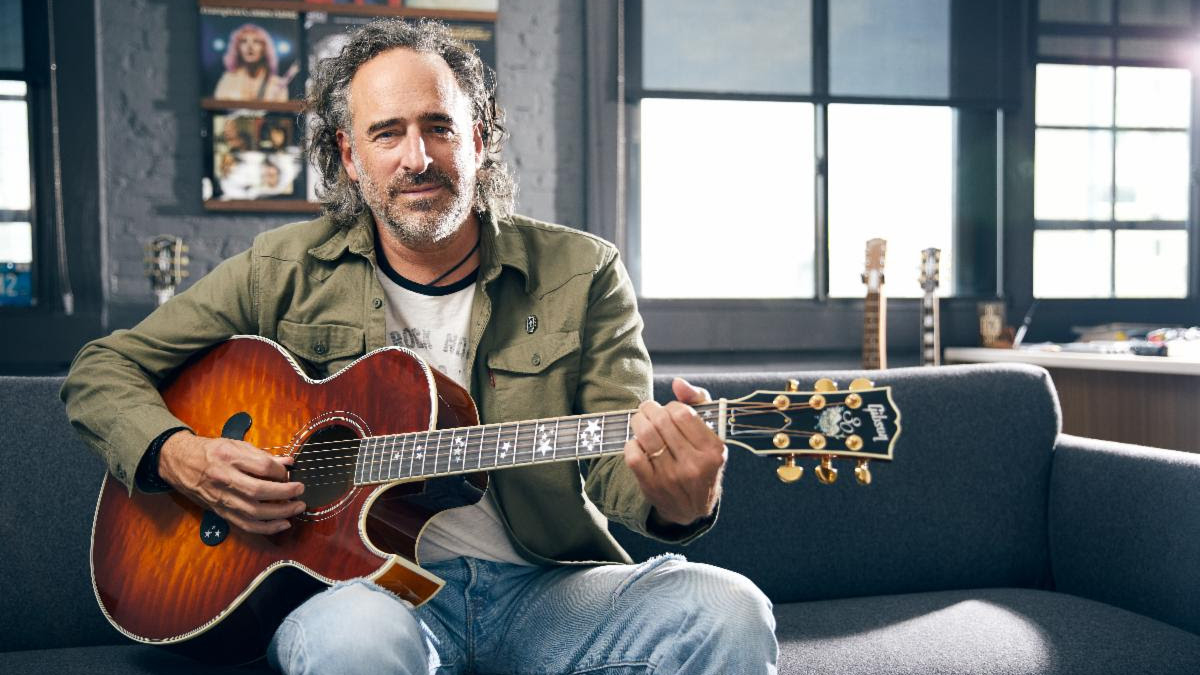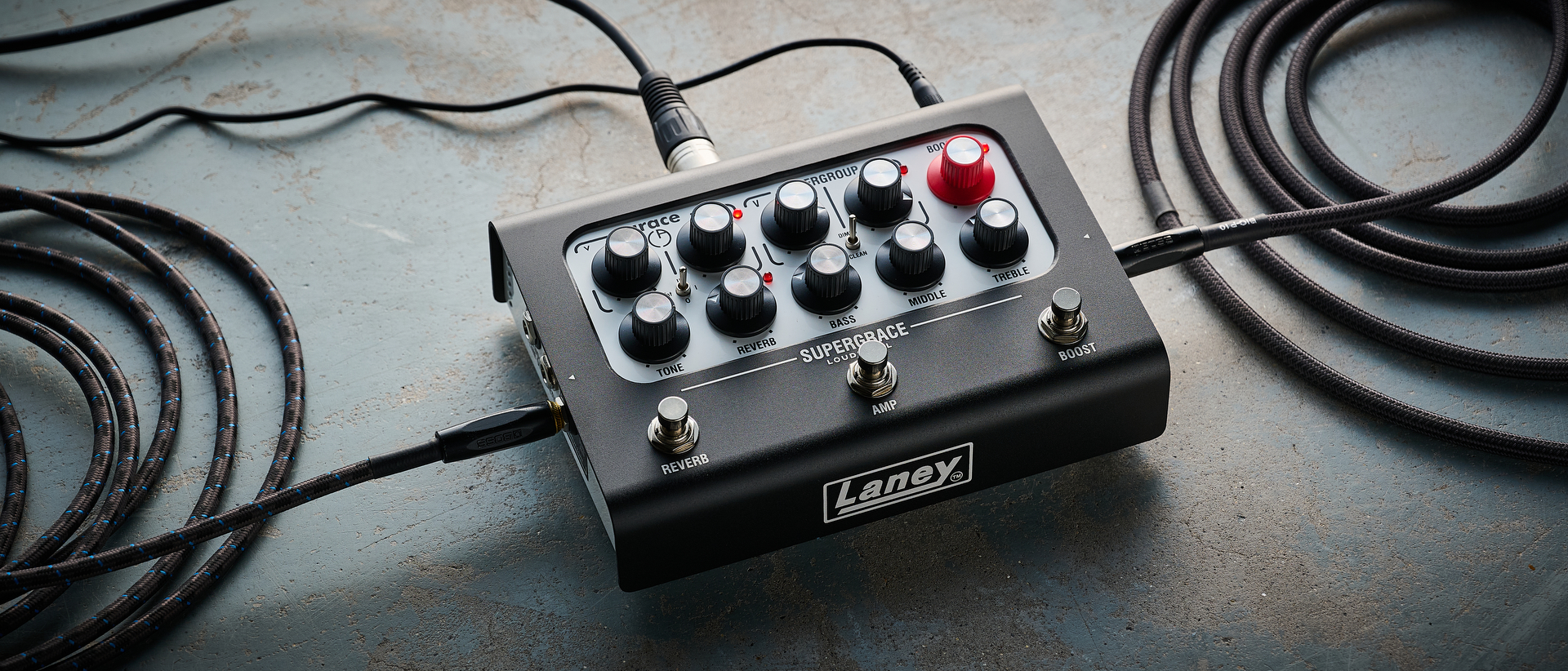Gibson CEO JC Curleigh: “In the last year, more guitarists have been created and engaged than in the previous 10 years combined”
The guitar industry is on a major uptick, with many brands and sellers reporting record numbers in 2020

All the latest guitar news, interviews, lessons, reviews, deals and more, direct to your inbox!
You are now subscribed
Your newsletter sign-up was successful
2020 was a trying year, to be sure. But as we reported in September, it was a breakout period for guitar sales, with Guitar Center reporting triple-digit growth for most top brands on its website, a Sweetwater representative stating “it feels like every day is Black Friday” and Fender posting the best sales in its entire history.
Guitar sales have been so strong that in a new Rolling Stone article, Gibson CEO Gibson CEO James “JC” Curleigh has estimated that “more guitarists have been created and engaged than in the previous 10 years combined”.
The RS article adds weight to Curleigh's claims with updated sales figures for the year, with Sweetwater surpassing $1 billion in revenue for the first time in the company’s 42-year history, and Reverb CEO David Mandelbrot telling the publication that third quarter numbers for the online marketplace “were up more than 30% compared to the same period last year.”
Even Guitar Center, which filed for bankruptcy to reorganize debt, characterized its online business as “booming,” with online sales in 2020 having more than doubled from the year before.
All three retailers reported that the guitar was the most popular product they sold in quarantine. Sweetwater has been selling on average more than 1,000 guitars a day, while Reverb’s Mandelbrot said, “Based on what we saw in 2020, one thing is certain: The guitar is thriving.
“Orders and searches for guitars have been up significantly – including an increase in searches for popular guitar brands like Fender, Gibson, and Taylor – as well as searches for music gear that you pair with your guitar, like amps, guitar straps, effects pedals, and more.”
And while Reverb moved both new guitars and vintage pieces, including a 1965 Fender Stratocaster that Brian Setzer sold through his own Reverb Shop, there was also a significant increase in sales of rare and boutique pedals, as well as drops of limited-edition pedals that sold out, in one instance, in less than a minute.
All the latest guitar news, interviews, lessons, reviews, deals and more, direct to your inbox!
As for the major guitar makers, Fender reported record sales of over $700 million, while Gibson has seen a steady increase in sales and growth since August.
Regarding 2020, Gibson CEO James “JC” Curleigh said, “April, May, and June were a challenging three months. But since then, we’ve been more than making up for it.”
Curleigh went on to state that while he predicted that in five years there would be a 50/50 split between online and brick-and-mortar sales (a year ago online was roughly a third of in-store), it was happening sooner than expected.
“What we’re seeing now is that is that the five-year prediction of 50/50 is happening now,” he said. “Even in a post-COVID world, I think the guitar and music industry will settle into a 50/50 balance of online to in-store.
People talk about necessity being the mother of invention. Well, necessity was the mother of access and acceleration for guitars
James “JC” Curleigh
“People talk about necessity being the mother of invention. Well, necessity was the mother of access and acceleration for guitars.”
Not surprisingly, a large percentage of these purchasers are first-time buyers that opted to pick up an instrument for the first time during shelter-in-place and quarantine orders. But according to Curleigh, interest was sparked across all skill levels.
“A lot of people said, ‘Hey, I’ve always wanted to play guitar,” Curleigh said. “So, guess what? All of a sudden, beginners came into to it. Intermediate players who had sort of gotten to a certain level, picked their guitar up again and started playing. And advanced and expert players were like, ‘Oh, my god, I have a wish list for this guitar. Life’s too short not to have my dream guitar. I’m going to buy it.’ ”
He continued, “I fundamentally believe, in the last year, more guitarists have been created and engaged than in the previous 10 years combined. If we manage this dynamic as an industry, we’ve got a whole new generation of guitarists for the next 10, 20, 30 years.”
Rich is the co-author of the best-selling Nöthin' But a Good Time: The Uncensored History of the '80s Hard Rock Explosion. He is also a recording and performing musician, and a former editor of Guitar World magazine and executive editor of Guitar Aficionado magazine. He has authored several additional books, among them Kurt Cobain: Montage of Heck, the companion to the documentary of the same name.

